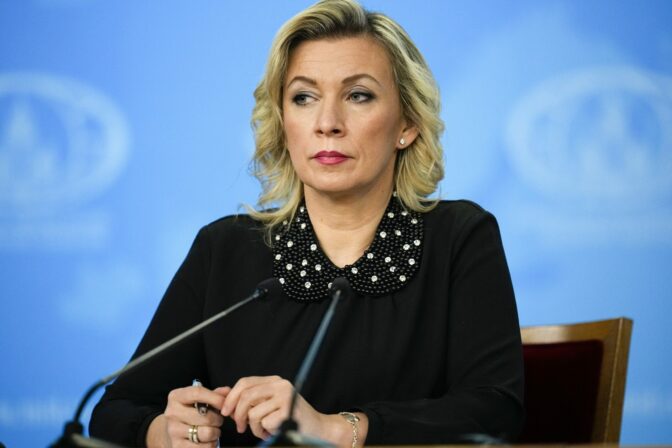BRATISLAVA, March 1, (WEBNOVINY) — The maximum public debt limit rule becomes officially valid in Slovakia as of March 1 after President Ivan Gasparovic signed today the constitutional law on budget responsibility called also the debt brake. According to the Finance Ministry, the basic principle of the law is to boost responsibility towards next generations and keep sustainability of public finances in the long run. “It creates a mechanisms that punishes irresponsible behavior of governments in the future and will significantly hamper concealing information and creative accounting related to the [government] budget. With information on the state’s net wealth, the public will have a more exact picture on assets and liabilities of the state”, commented Finance Ministry spokesman Martin Jaros.
The bill consists of four major fields: the debt brake itself, i.e., the constitutionally enshrined debt ceiling; the establishment of a Budgetary Responsibility Council; rules for transparency in public funds; and rules and restrictions governing economic performance of self-governments.
The law envisages an automatic sanction mechanism that will be launched already at the debt limit of 50 percent of GDP. The Finance Minister would then be obliged to clarify the debt increase to MPs and suggest measures to reverse the growth. At a government debt of 53 percent of GDP, the Cabinet would be obliged to pass a package of measures to trim the debt and freeze its wages. At 55 percent, 3-percent binding of expenditures would be launched automatically and next year’s budgetary expenditures would be frozen, except for co-financing of the EU funds. At 57 percent of GDP, the Cabinet would have to table a balanced budget. Should the debt climb to 60 percent of GDP, the Cabinet would have to face a confidence vote in Parliament. The volume of public debt reported by the EU’s Statistical Office Eurostat on an annual basis shall be the key data.
The law counts on more measures to upgrade the quality and transparency of Slovakia’s fiscal policy. For instance, an independent Budgetary Responsibility Council, funded from the central bank’s budget, shall compile reports on sustainability of public finances, fulfillment of fiscal responsibility rules and issue positions over fiscal impact of legislative proposals. Also, it shall evaluate Slovakia’s economic development in terms of public finances.
The law also contains provisions related to self-governments. The bill’s authors and representatives of the Cabinet and self-governments have been in talks about the rules for a month. Self-governments agreed to subject to the budget responsibility rules and the Finance Ministry, in return, waived the concept of a tax mix indented to overhaul the funding of self-governments. Self-governments whose debts will exceed 60 percent of real current revenue from the previous year will pay financial sanctions.
SITA












